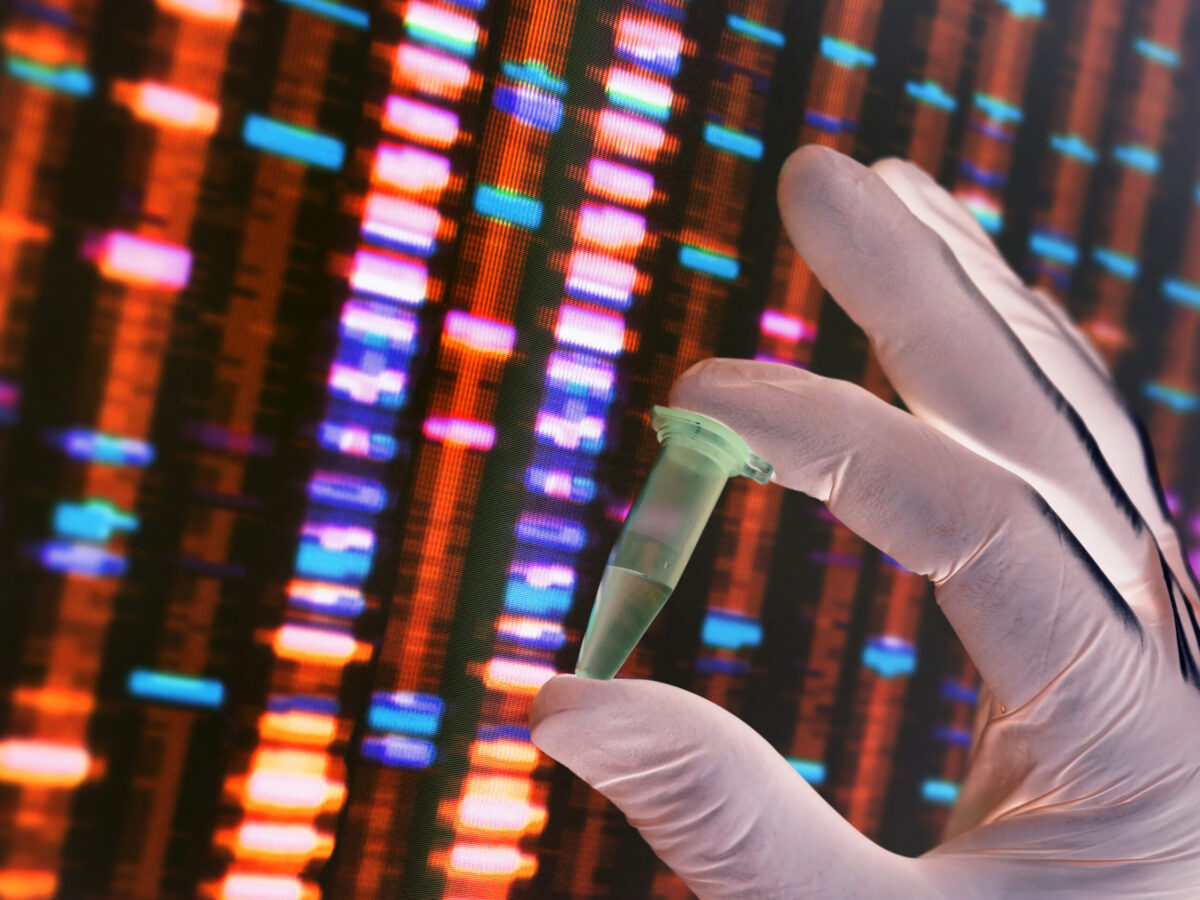A so-called ‘smart biogel’ to deliver cancer therapies directly to the tumor site, is currently in development by a team of researchers at the University of Montreal Hospital Research Centre (CRCHUM), in Canada. The study – which was published in the journal Biomaterials – explains that the biogel has already shown promise in tumor cell cultures.
The biogel is capable of delivering anti-cancer drugs, as well as cancer destroying immune cells, directly to the site of the tumor. It also allows for modified drug delivery as the biogel can be injected into the tumor, as opposed to injection into the bloodstream.
“We hope that this targeted approach will improve current immunotherapies,” said principal investigator Réjean Lapointe, an associate professor of medicine at CRCHUM. Immunotherapy is a new and buzz-worthy treatment method that uses the patient’s own immune system to target and destroy cancer cells. Adoptive cell therapy is a particularly promising form of immunotherapy that uses immune cells targeted to attack cancer cells.
The body’s T lymphocytes are capable of killing cancer cells, but oftentimes patients have too few of these cells to adequately fight the disease. Adoptive cell therapy uses lab-grown T cells to boost the patient’s immune system.
While the technique is effective against cancer, sometimes the T cells are not enough to eradicate the tumor. Patients receiving adoptive cell therapy are also give large doses of interleukin-2 – a hormone that regulates cells in the immune system – which can also be toxic.
According to Lapointe, the injectable biogel reduces the number of T cells necessary to fight the cancer. “With our technique, we only need to administer a few dozen million T cells, instead of the billions currently required,” he said.
The gel is reportedly non-toxic, and acts as a “cellular reservoir” which provides the optimal environment for the growth of encapsulated immune cells. The biogel has been tested on several types of cancer in cell culture, including kidney cancer and melanoma.
“The T lymphocytes in the gel are functional and can grow for 2-3 weeks, be released from the gel, and kill the cancerous cells,” said Lapointe. The biogel was developed using chitosane – a compound extracted from the shells of crustaceans – and various gelling additives.
While the biogel is liquid at room temperature – allowing for easy injection into the tumor – the gel forms a more cohesive, stretchy substance once inside the body at an elevated temperature. The biogel still needs to be tested in animal models before it can enter human clinical trials, but the researchers believe it could be used in cancer treatment in as little as a few years.
Sources:
- ‘Smart biogel’ that kills cancer tumors in development – http://www.medicalnewstoday.com/articles/302925.php
- Monette, A., Ceccaldi, C., Assaad, E., Lerouge, S., and Lapointe, R. (2015). Chitosan thermogels for local expansion and delivery of tumor-specific T lymphocytes towards enhanced cancer immunotherapies. Biomaterials.












Join or login to leave a comment
JOIN LOGIN